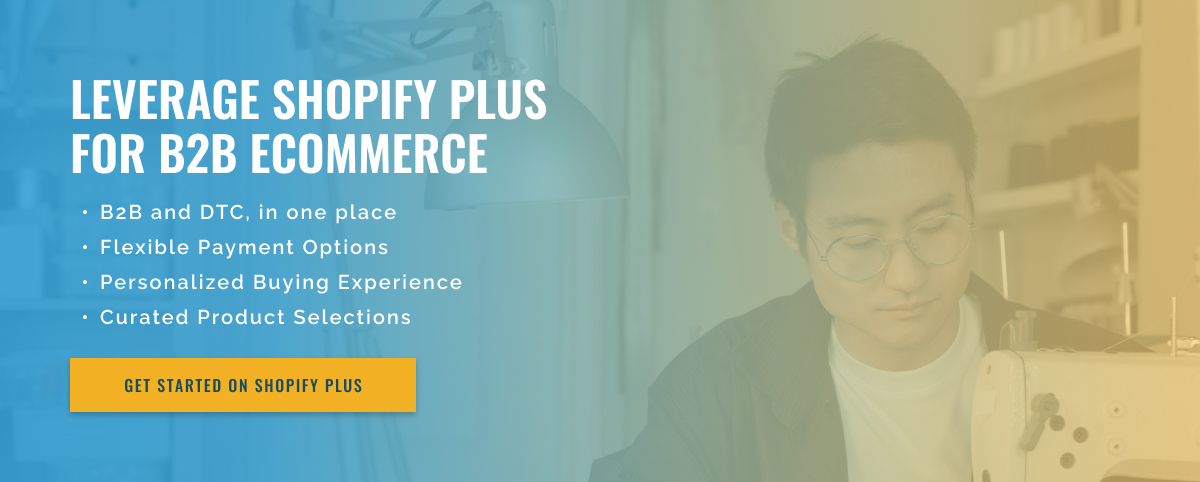3 minute read
How Shopify Connects with B2B Automation Platforms
eCommerce has become a dynamically developing industry in recent years, and more and more companies are aware of the possibility of selling their products on the Internet. Shopify has become one of the leading platforms for businesses looking to set up an online store and reach a wider audience. However, for B2B companies, the challenge is finding a marketing automation platform that integrates seamlessly with Shopify to generate leads and increase sales.
Marketing automation platforms aim to streamline and automate marketing tasks, making it easier for companies to generate and nurture leads. They are crucial for B2B companies that rely heavily on lead generation and nurturing to generate sales. Shopify, on the other hand, is primarily aimed at B2C companies, but has also become popular among B2B companies due to its user-friendly interface and features. Many B2B companies have turned to Shopify to set up their online store, but the question arises: Can Shopify seamlessly integrate with B2B-focused marketing automation platforms for lead nurturing? The answer is yes. Here’s how to do it.
One of Shopify’s key features is the App Store, which offers a wide range of third-party apps that integrate with the platform. There are several marketing automation apps available in the App Store that are designed specifically for B2B companies. These apps allow businesses to seamlessly integrate their Shopify store with their favorite marketing automation platform like HubSpot or Marketo.
One of the key benefits of using a marketing automation platform with Shopify is the ability to create personalized and automated email campaigns targeted at specific B2B customers. This is essential to nurture potential customers and encourage them to make a purchase. Shopify’s integration with a marketing automation platform enables the synchronization of customer data, enabling businesses to track customer behavior and adjust marketing efforts accordingly.
Moreover, by using these applications, companies can use CRM data to segment customers and create targeted marketing campaigns. This is especially useful for B2B companies because it allows them to identify their ideal customers and target them with personalized content and offers.
In summary, while Shopify is primarily aimed at B2C companies, it integrates seamlessly with B2B-focused marketing automation platforms to help businesses generate and nurture leads. With a wide range of integration options available in the App Store, B2B companies can leverage the power of marketing automation to increase their sales on Shopify. Whether you’re a B2B company looking to set up your online store or you’re already a Shopify user, consider marketing automation integration.

